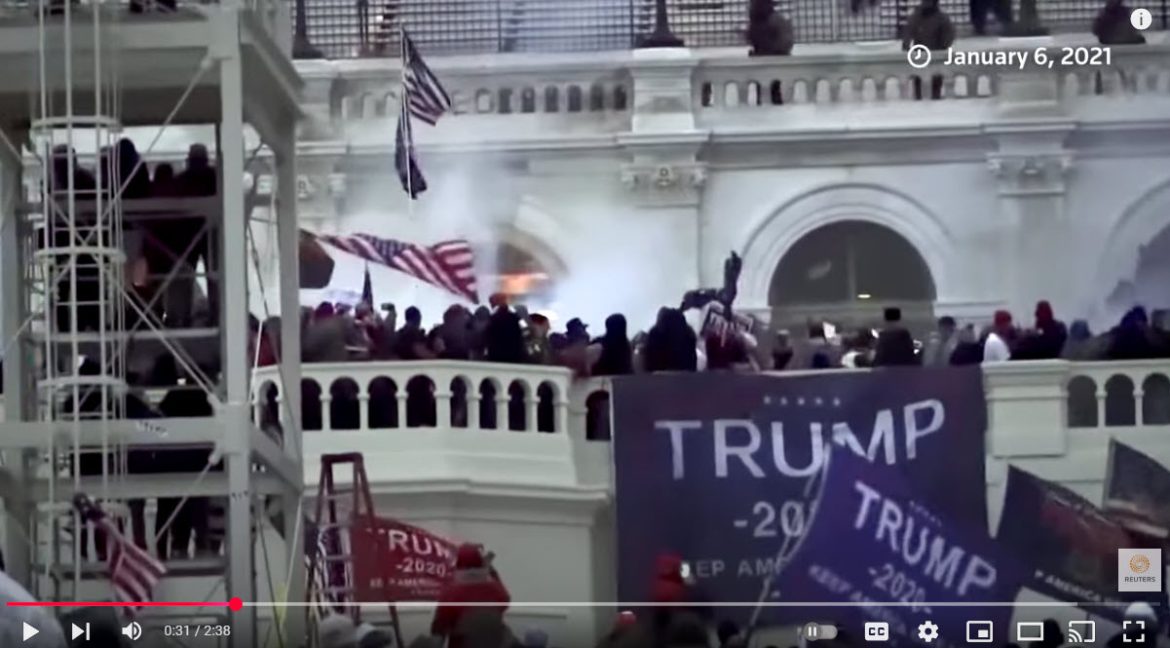In a historic move on January 20, 2025, President Donald Trump, on his first day back in the Oval Office, issued pardons to approximately 1,500 individuals convicted in connection with the January 6, 2021, Capitol riot. This unprecedented act of clemency also included the commutation of sentences for 14 prominent figures associated with the events of that day.
Among those pardoned was Enrique Tarrio, the former chairman of the Proud Boys, who had been serving a 22-year sentence for seditious conspiracy. Tarrio’s mother, Zuny Duarte Tarrio, expressed profound gratitude to President Trump for the pardon, stating that her son had been made a scapegoat and that the conviction was the result of a political witch hunt.
The clemency extended to other high-profile individuals, including Stewart Rhodes, founder of the Oath Keepers, and several associates from both the Oath Keepers and Proud Boys organizations. These individuals had been convicted on charges ranging from seditious conspiracy to assaulting law enforcement officers. The commutations reduced their sentences to time served, leading to their immediate release.
President Trump described the legal actions against these individuals as a “grave national injustice” and framed the pardons as a step toward “national reconciliation.” He directed the Attorney General to dismiss approximately 450 pending cases related to the January 6 events, further emphasizing his stance on the matter.
The decision has sparked a spectrum of reactions. Supporters of the pardoned individuals celebrated outside various detention facilities, expressing relief and gratitude. Conversely, Democratic leaders and some law enforcement officials criticized the move. Former Speaker of the House Nancy Pelosi labeled the pardons as “shameful” and an “outrageous insult” to the justice system and the officers who defended the Capitol. Senator Adam Schiff termed the action “obscene,” highlighting concerns about the implications for accountability and the rule of law.
This sweeping clemency fulfills a campaign promise by President Trump to release those he referred to as “hostages” of a politically motivated justice system. As the nation processes this development, debates continue regarding its impact on the legal system, political climate, and the precedent it sets for future actions.



